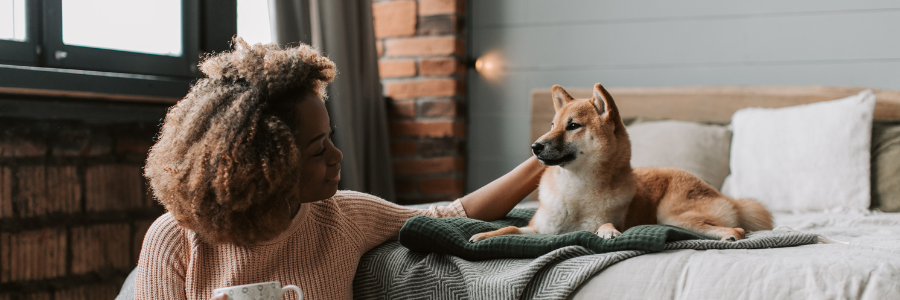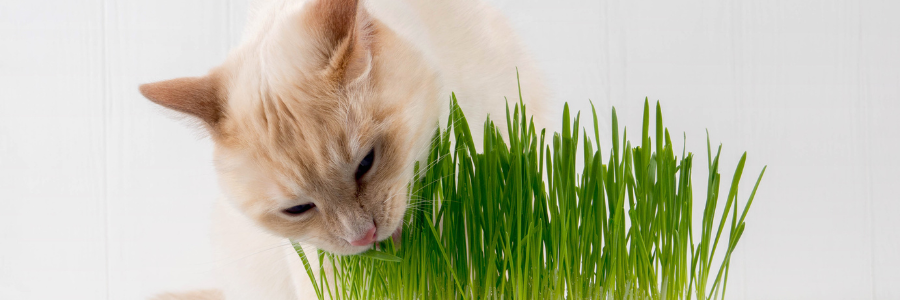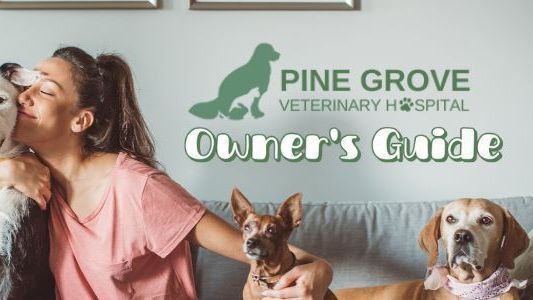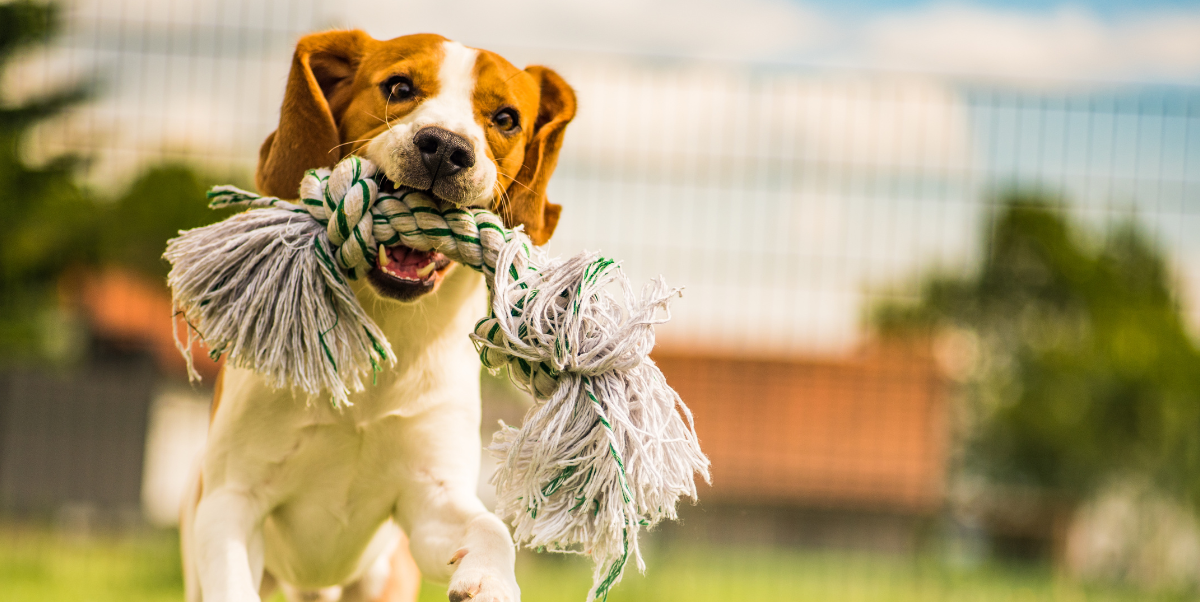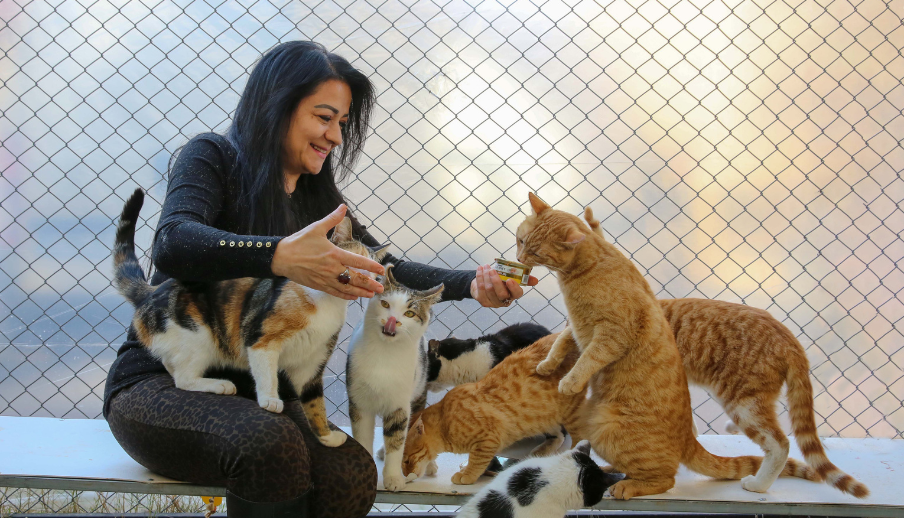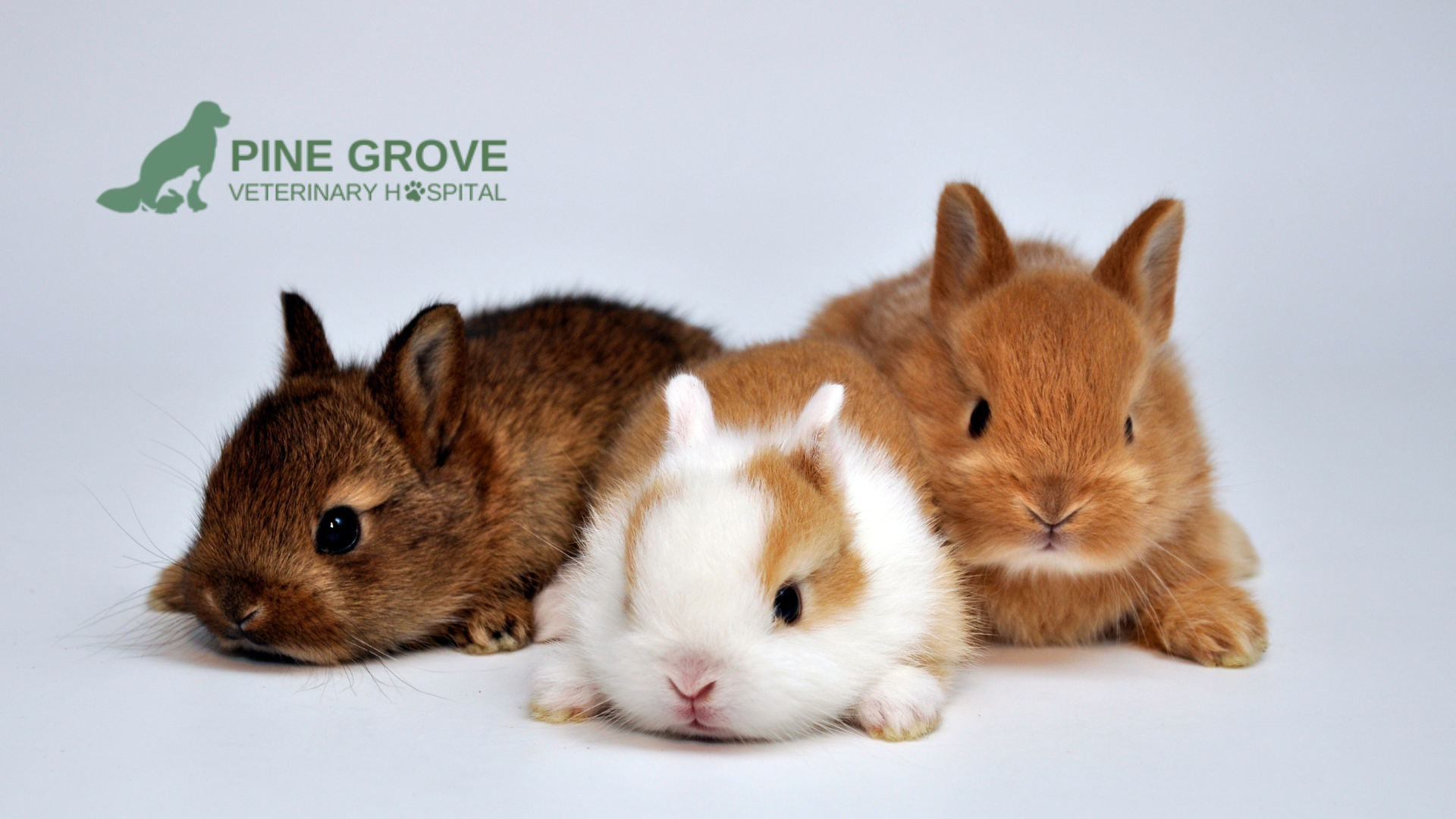The Importance of Regular Checkups at Pine Grove Veterinary Hospital
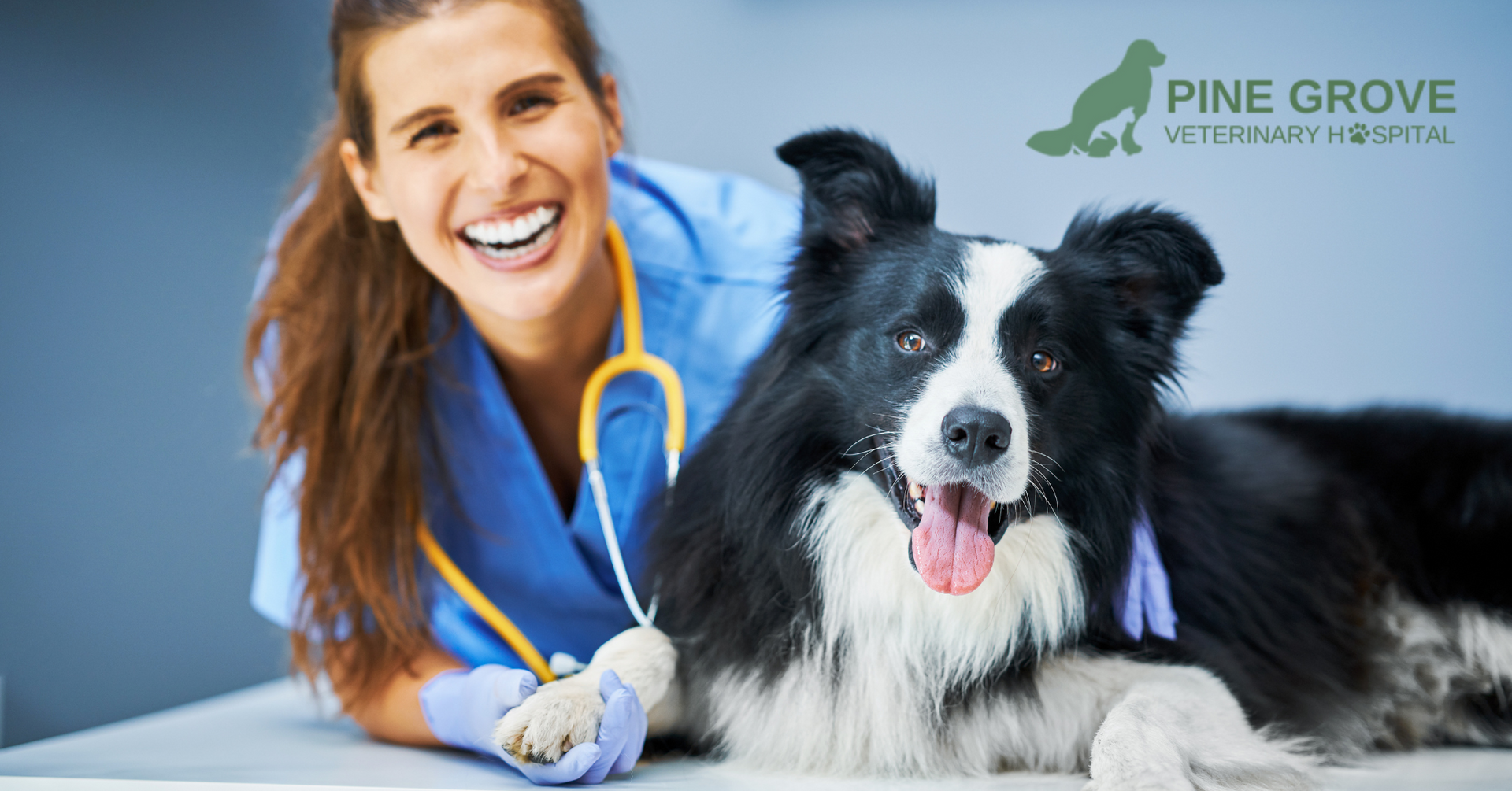
Every pet owner prioritizes keeping their pet healthy and happy, and one of the most critical ways to achieve this is through regular veterinary checkups. Like humans, pets require routine medical examinations to detect potential health issues early and maintain overall well-being.
At Pine Grove Veterinary Hospital , regular checkups are a cornerstone of proactive pet care. These visits ensure that your pet is in good health and provide valuable opportunities for nutritional counselling and other preventive measures. This blog will explore the importance of regular checkups, what to expect during a visit, and how these appointments contribute to your pet's long and healthy life.
Why Regular Checkups Matter for Your Pet's Health
Regular veterinary checkups are essential for preventing illness, detecting diseases early, and maintaining your pet's overall health. Pets, especially as they age, are prone to various health issues that may not be immediately apparent to their owners. Routine exams help veterinarians catch potential problems before they become serious and more difficult to treat.
- Preventive Care: Preventive care is one of the main reasons why regular checkups are so important. During these visits, your vet can administer vaccines, check for parasites, and assess your pet's overall physical condition. Preventive care helps reduce your pet's risk of developing serious diseases, many of which can be avoided with proper vaccination and parasite prevention.
- Early Detection of Health Issues: Regular checkups allow veterinarians to detect health issues early, often before symptoms become apparent. Early detection is key to successful treatment, as many conditions, such as diabetes, kidney disease, and cancer, can be managed more effectively when caught in their early stages.
- Monitoring Chronic Conditions: If your pet has a chronic condition, such as arthritis or heart disease, regular checkups are crucial for monitoring their health. Your vet can adjust treatment plans and medications to ensure your pet remains comfortable and healthy.
- Tailored Health Plans: Each pet is unique, and regular visits allow your vet to tailor a health plan that suits your pet's needs. This personalized approach ensures that your pet receives the best possible care.
At Pine Grove Veterinary Hospital , regular checkups are designed to provide comprehensive care for your pet. These visits give you peace of mind, knowing that experienced professionals closely monitor your pet’s health.
What Happens During a Routine Checkup at Pine Grove Veterinary Hospital
A routine checkup at Pine Grove Veterinary Hospital involves thoroughly examining your pet's overall health. These checkups are more than just a quick look at your pet; they include a detailed assessment that covers various aspects of your pet's well-being.
- Physical Examination: The checkup starts with a complete physical examination. Your vet will check your pet’s eyes, ears, teeth, skin, and coat. They’ll also listen to the heart and lungs, feel the abdomen for abnormalities, and examine the joints and muscles for signs of pain or stiffness.
- Weight and Body Condition: Maintaining a healthy weight is crucial for your pet’s long-term health. During the checkup, your vet will assess your pet’s weight and body condition. If your pet is overweight or underweight, the vet will provide recommendations for diet and exercise to help bring your pet back to a healthy weight.
- Vaccinations and Parasite Prevention: Vaccinations and parasite prevention are essential to routine checkups. Your vet will ensure that your pet is up-to-date on their vaccinations and may recommend additional vaccines based on your pet’s lifestyle. They will discuss parasite prevention options, including fleas, ticks, and heartworm treatments.
- Nutritional Counselling: Proper nutrition plays a significant role in your pet's overall health, and that’s why nutritional counselling is often included during checkups. Your vet will assess your pet’s diet and advise on appropriate food choices based on your pet’s age, breed, and health status. Nutritional counselling is particularly beneficial for pets with specific dietary needs, such as food allergies, digestive issues, or chronic conditions requiring a specialized diet.
These routine checkups help ensure your pet stays healthy and address any health concerns promptly.
The Role of Nutritional Counselling in Your Pet’s Health
Nutritional counselling is an often overlooked but critical aspect of veterinary care. A balanced diet is essential for maintaining your pet's health and well-being, and what your pet eats can affect everything from their coat’s shine to their energy levels and longevity. At Pine Grove Veterinary Hospital, nutritional counselling is integrated into regular checkups to help owners make informed decisions about their pet’s diet.
- Addressing Obesity: Pet obesity is a growing concern that can lead to various health issues, including diabetes, arthritis, and heart disease. During nutritional counselling, your vet will assess your pet’s weight and body condition and provide a tailored diet plan to help them achieve or maintain a healthy weight.
- Managing Special Dietary Needs: Some pets require special diets due to medical conditions such as food allergies, kidney disease, or gastrointestinal problems. Nutritional counselling helps pet owners understand which foods are best for their pets’ conditions and how to manage their diet to support overall health properly.
- Promoting Long-Term Health: Proper nutrition can help prevent certain diseases and improve your pet's quality of life. During counselling sessions, your vet will recommend high-quality food and supplements that support your pet’s unique nutritional needs, helping them stay healthy and active for years.
- Life Stage Diets: As your pet grows, its nutritional needs will change. Nutritional counselling ensures that your pet eats the right food for its life stage, whether it’s a playful puppy, an active adult, or a senior pet with specific dietary requirements.
Nutritional counselling empowers pet owners with the knowledge and tools they need to provide their pets with a diet that promotes long-term health and well-being.
How Regular Checkups Contribute to a Long, Healthy Life for Your Pet
Regular veterinary checkups are vital in extending your pet's lifespan and enhancing its quality of life. By scheduling routine visits you ensure your pet receives the care it needs at every stage of life.
- Preventing Illness: Regular checkups help prevent illness by ensuring your pet receives vaccinations, parasite prevention, and dietary guidance. Preventive care reduces the likelihood of your pet developing serious health conditions that could shorten their lifespan.
- Improving Quality of Life: Detecting and treating health issues early can significantly improve your pet's quality of life. Whether it's managing chronic conditions like arthritis or preventing dental disease, regular checkups ensure that your pet stays comfortable and pain-free.
- Building a Relationship with Your Vet: Regular checkups allow your pet to build a positive relationship with their vet. This makes future visits less stressful for you and your pet, especially if your pet ever needs emergency care. Your vet will also become more familiar with your pet’s health history, which can lead to better, more personalized care.
By investing in regular veterinary care, you’re helping your pet live a long, healthy, and happy life. Pine Grove Veterinary Hospital is committed to providing comprehensive care that addresses all aspects of your pet’s health.
Conclusion
Regular checkups are vital to keeping your pet healthy and happy. At Pine Grove Veterinary Hospital , routine visits are designed to provide comprehensive care, from physical exams to nutritional counselling, helping to prevent illness, detect health issues early, and ensure your pet receives the best possible care. By prioritizing regular veterinary visits, you can give your pet the gift of long-term health and a higher quality of life.
Frequently Asked Questions
How can I confirm my dog’s pregnancy?
It’s recommended that pets have a checkup at least once a year. However, older pets or those with chronic conditions may need more frequent visits.
What should I expect during a routine checkup?
During a routine checkup, your vet will conduct a physical exam, assess your pet’s weight and body condition, update vaccinations, and offer nutritional counselling and parasite prevention advice.
Why is nutritional counselling important for my pet?
Nutritional counselling ensures that your pet eats a diet tailored to its specific needs, crucial for preventing obesity, managing health conditions, and promoting long-term health.
How can regular checkups improve my pet’s quality of life?
Regular checkups allow for early detection of health issues, which can be treated promptly to prevent discomfort or pain. Preventive care and personalized treatment plans help improve your pet's overall well-being.
Can regular checkups help extend my pet’s life?
Yes, regular checkups help prevent serious illnesses and allow for early intervention, significantly extending your pet’s lifespan and improving their quality of life.


